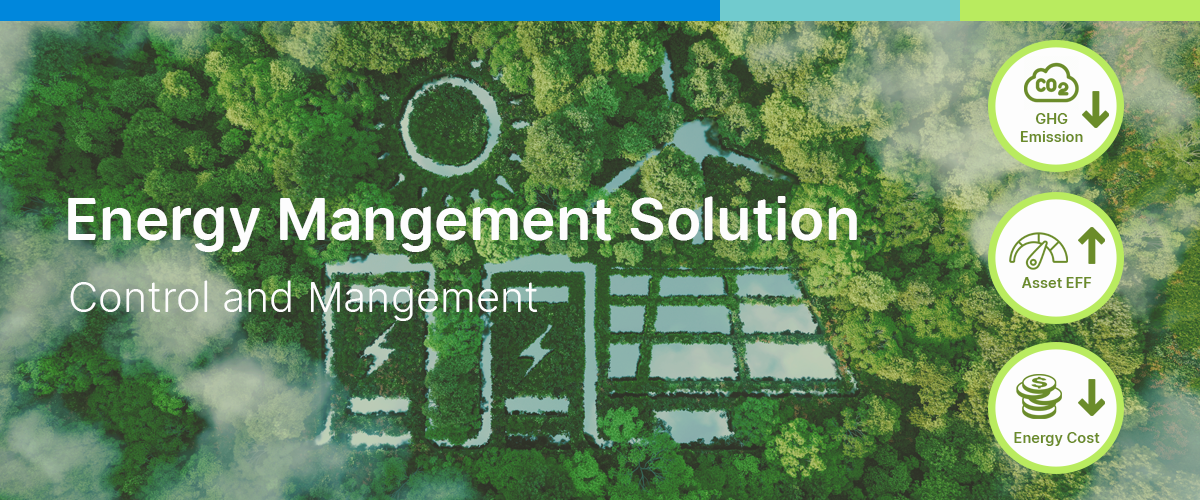

Delta's Energy Management System (EMS) efficiently collects data on energy usage and operations from on-site sources, categorizing energy consumption by subcomponents and areas. It offers real-time monitoring, detailed data analysis, timely reporting, precise control, maintenance, production management, and predictive insights. Additionally, it enables in-depth analysis of demand trends, energy usage structures, cost assessment, energy performance indicators, and carbon emissions. These analyses inform actions such as demand control, optimization of related factors, and energy-saving measures, enhancing overall energy management efficiency and sustainability.
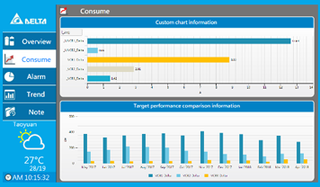
Basic Analysis: Real-time data, energy proportion, and ranking
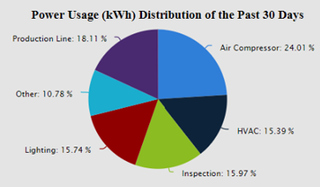
Long-term tracking: Multi-tag (area) comparison, comparison by period, and trend trace.
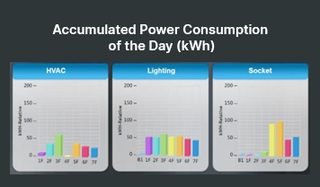
Integrated Information: User-defined dashboard for UI needs, correlation analysis between energy usage & specific factors, & gap identification for energy-saving.
Web-based System
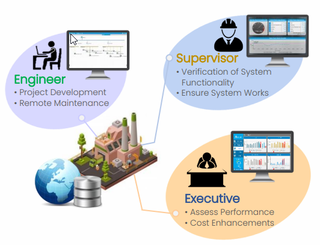
User Management
Short-term
Energy Efficiency - Immediate gains in energy efficiency by identifying and rectifying wasteful energy practices and equipment usage.
Production Optimization - Real-time data allows for better production scheduling, reducing downtime, and improving overall productivity.
Mid-term
Energy Optimization - Continuous monitoring and analysis lead to ongoing energy optimization, fine-tuning processes, and reducing energy waste.
Life Cycle Monitoring - Tracking energy consumption over the lifecycle of equipment and machinery, facilitating timely maintenance and replacement decisions.
Environmental Compliance - Better control over energy usage to meet environmental regulations and reduce carbon emissions.
Long-term
Cost Optimization - Sustained reduction in energy costs, leading to improved cost competitiveness.
Energy Savings - Cumulative energy savings over time contribute to significant cost reductions and improved sustainability.
Predictive Maintenance - Early detection of equipment issues through data analysis, reducing maintenance costs and downtime.
Data-Driven Decision-Making - Demonstrating commitment to sustainability and efficiency, potentially attracting environmentally-conscious customers and investors.
Risk Mitigation - Reduced exposure to energy price volatility and supply chain disruptions by proactively managing energy usage.
Continuous Improvement - A foundation for ongoing improvement initiatives, driving further efficiency gains.